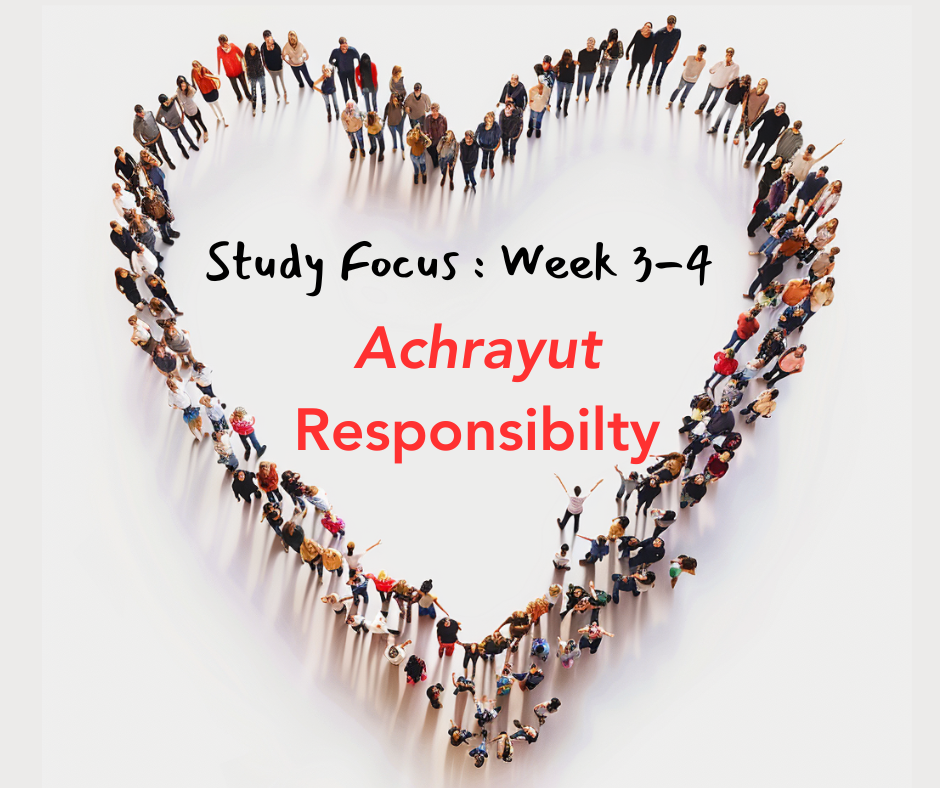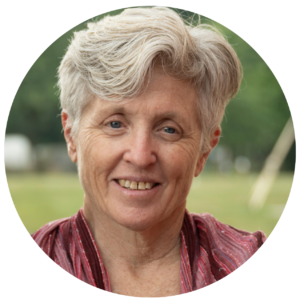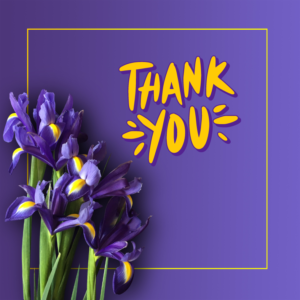
Omer Essay WEEK #3 - Embracing Personal Responsibility
In Chapter 3 of the book of Genesis, we encounter one of the Torah’s first instances of personal responsibility, in which Adam and Eve “missed the mark.” Both insist that what occurred was not their fault – each blaming the other or putting the blame on the serpent. In the following Chapter, Cain and Abel’s tragic story illuminates the significant place moral responsibility plays in Judaism. Cain does not deny his personal responsibility but asks why he must be concerned with his brother’s welfare instead of focusing solely on himself.
God created us with free-will and the potential of choice. He granted us freedom, but with this freedom comes responsibility. We were created in the image of God and so we are innately committed to living a responsible life, a life in which personal and moral responsibility become a part of who we are. Taking responsibility - achrayut in Hebrew - plays a core role in Mussar. It is captured in the teaching of Hillel (Avot 2:6) “u’veemkom sh’ain anashim hishtadail lihiyot ish,” that in a place where people are not taking responsibility, we each need to step up and be the person who does take responsibility. Rav Yisrael Salanter, the renowned Mussar leader, taught that responsibility for other human beings is the single most important human value. Rav Yisrael believed that the process of transforming ourselves into ethical, responsible beings was too difficult to leave to happenstance. It required an active and intentional effort from us. It required avodat Hashem, Divine service.
The Hebrew word for responsibility, achrayut, comes from the word acher, meaning “other,” as well as achar, which means “after.” Is the essence of responsibility being concerned about what comes after (i.e., the consequences of one’s actions) or to be sensitive to the other (i.e., attending to the needs of the people around you)? According to our teacher, Alan Morinis, both meanings of this middah must get developed in one’s Mussar journey.
Rabbi Jonathan Sacks {z”l} emphasized the importance of achrayut:
“If you want people to value something, get them to participate in creating it. Give them a challenge and give them responsibility. The effort we put into something does not just change the object: it changes us. The greater the labor, the greater the love for what we have made.”
~ Judaism’s Life-Changing Ideas, p. 100
As our counting of the Omer moves into its third week, the Middah of achrayut – from both a personal and moral perspective – begins to take on a significant role in our Mussar practice. We are being asked to become more aware and sensitive of the consequences the choices we make have on both ourselves and others, as well as the moral implications each choice we make carries.
“One of Judaism’s most distinctive and challenging ideas is its ethics of responsibility, the idea that God invites us to become, in the rabbinic phrase, His ‘partners in the world of creation’. The God who created the world in love calls on us to create in love. The God who gave us the gift of freedom asks us to use it to honor and enhance the freedom of others.”
~ Rabbi Jonathan Sacks {z”l}, To Heal a Fractured World, p. 3
This year’s Omer challenge revolves around the cultivation of an ethic of responsibility. On a personal level, it focuses on the need to take ownership of our deeds and actions, to step up to the plate with zerizut (enthusiastic action) and intentionality, and to become the best form of myself that I can become. From a moral perspective, we are being asked to cultivate a stronger and more solidified sense of collective responsibility that ensures the connectedness to our ancestral lineage and Jewish consciousness. Rabbi Abraham Joshua Heschel proclaimed that responsibility is the essence of not only being a person, but of being human. He added to this the notion that the souls of all human beings are “carved from mountains of holiness” and no one is cut off from “the worldwide community of responsibility.”
Your destination can be anywhere and anything as long as it is meaningful for you. Please email us at helaine@mussarinstitute.org and share your goal and your progress or struggles.
 - Helaine
- Helaine
Helaine Sheias, Ph.D., is the Assistant Director of Programming at TMI. She made Aliyah to Israel in her teens, served in the IDF, and settled there for more than two decades. She is a graduate of The Mussar Institute Yesod Facilitator Training Program and Manchim Advanced Facilitator Training. She facilitates many TMI courses facilitating circles of transformation and change by modeling spiritual awakening, and self-reflexive learning, or Hitlamdut. Facilitating Mussar courses brings Helaine deep joy and a continuous sense of awe and wonder.
Questions For Reflection:
1. What is one small step that you can take to enhance your commitment to becoming an active member of the “worldwide community of responsibility?” How can you manifest that first step?
2. Where do you find yourself more challenged – with personal or collective responsibility issues? What are the obstacles that you see are holding you back? How can your Omer challenge commitment help you move past these obstacles?
3. What is one liberating choice that you can make in your life that will allow you to realign the middah of achrayut? What additional middot can help you with this choice?

Special Dedication:
Rabbi Hillel said “If I am not for myself, who will be for me? If I am only for myself, what am I? And if not now, when?”
This powerful teaching directs us to take responsibility (achrayut) to grow, learn, and age spiritually with the wisdom of Mussar. This week of Omer is dedicated in honor of each of us on this path, and to enthusiastically support The Mussar Institute and its dedicated staff:
Jeffrey Amer, Rick Bernstein, Ken Birenbaum, Nancy Dallett, Mark Edelstein, Dan Fendel, Alan Fisher, Bruce Frank, Enid Weisberg-Frank, George Gabanyi, Rita Gellman, Lisa Gildar, Miriam Goodman, Sandy Greenstein, Lesley Levin, Vicki Lipski, Sue Matlof, Damaris Methner, Myra Rosenthal, Henri Vogel, Heather Westendarp, Naomi Wittlin.
